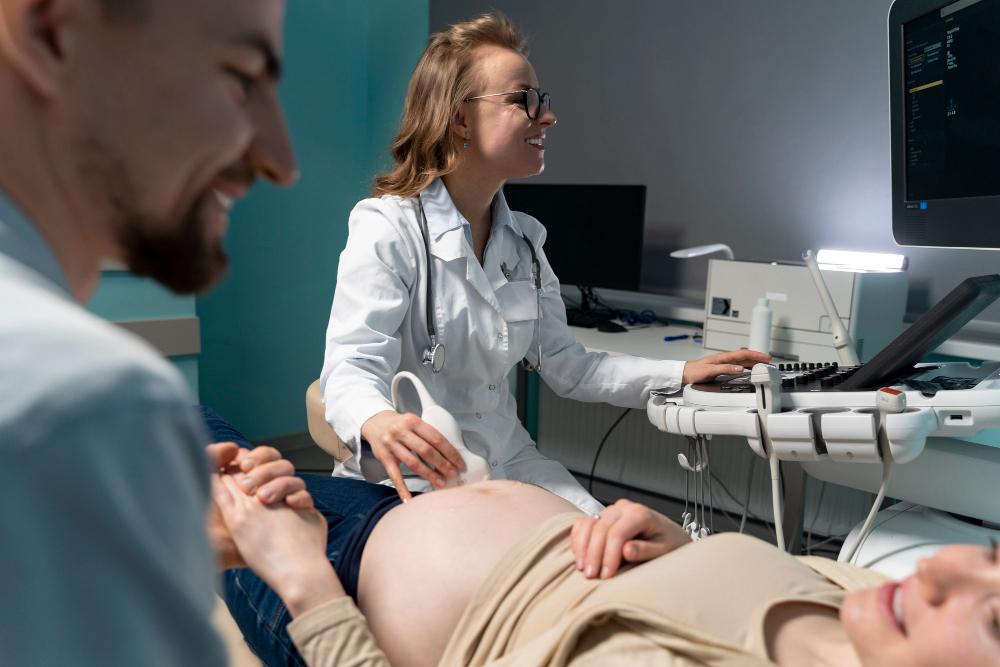Women’s gynecological health undergoes significant changes as they age, and each decade brings its own set of challenges. Understanding these issues is essential for maintaining good health and addressing potential problems early. In this blog, we’ll explore the most common gynecological concerns women face in their 20s, 30s, and 40s, and highlight the importance of regular visits to a gynecologist.
Gynecological Issues in Your 20s
1. Irregular Periods
Irregular periods are a common issue for women in their 20s. Stress, hormonal changes, and lifestyle factors such as diet and exercise can all contribute to an unpredictable menstrual cycle. For some, irregular periods may indicate underlying issues such as polycystic ovary syndrome (PCOS) or thyroid imbalances. It’s essential to track your cycle and consult a gynecologist if irregularities persist, as timely intervention can prevent long-term complications.
2. Sexually Transmitted Infections (STIs)
Young women are particularly vulnerable to STIs due to high rates of sexual activity and inconsistent use of protection. Common STIs include chlamydia, gonorrhea, and human papillomavirus (HPV). Regular STI screenings, safe sex practices, and open communication with partners are critical to maintaining sexual health. Early detection and treatment of STIs can prevent complications such as infertility.
3. Birth Control and Family Planning
In your 20s, choosing the right form of contraception is an important decision. Options range from oral contraceptives to intrauterine devices (IUDs) and implants. Each method has its benefits and potential side effects, so it’s crucial to discuss your lifestyle and reproductive goals with a gynecologist. Additionally, if you’re planning for the future, now is a good time to start learning about fertility preservation.
Gynecological Issues in Your 30s
1. Fertility Challenges
As women enter their 30s, fertility begins to decline gradually. This is due to a decrease in the quantity and quality of eggs. Women who face difficulties conceiving may experience frustration and anxiety. Consulting a gynecologist early can help identify the cause of fertility issues and explore options such as ovulation tracking, medication, or assisted reproductive technologies.
2. Polycystic Ovary Syndrome (PCOS)
PCOS is a hormonal disorder that often manifests in the 20s but can continue to impact women into their 30s. Symptoms include irregular periods, weight gain, acne, and excessive hair growth. If left untreated, PCOS can lead to infertility and other health concerns such as diabetes and heart disease. Treatment typically involves lifestyle changes, medications, and sometimes fertility therapies.
3. Endometriosis
Endometriosis is a condition where the tissue that normally lines the uterus grows outside it, causing severe pain, heavy periods, and sometimes infertility. While it can occur at any age, many women are diagnosed in their 30s. Early detection and treatment, which may include medication or surgery, can improve quality of life and preserve fertility.
Gynecological Issues in Your 40s
1. Perimenopause
Perimenopause, the transition to menopause, typically begins in a woman’s 40s. During this time, hormonal fluctuations can cause irregular periods, mood swings, hot flashes, and sleep disturbances. While these changes are natural, they can significantly impact daily life. A gynecologist can provide guidance on managing symptoms through lifestyle adjustments, hormone replacement therapy (HRT), or other treatments.
2. Increased Risk of Uterine Fibroids
Uterine fibroids are noncancerous growths that often appear during the 40s. They can cause heavy bleeding, pelvic pain, and pressure on the bladder. While not all fibroids require treatment, larger ones may necessitate medication or surgical intervention. Regular gynecological exams can help monitor their development and address symptoms early.
3. Screening for Gynecological Cancers
The risk of certain cancers, such as cervical, ovarian, and uterine cancers, increases with age. Routine screenings like Pap smears and HPV testing are crucial for early detection. Women in their 40s should remain vigilant about changes in their bodies and seek medical advice promptly if they experience symptoms like unusual bleeding or persistent pelvic pain.
How a Gynecologist Can Help
Regular visits to a gynecologist are essential for women at all stages of life. From addressing irregular periods in your 20s to managing perimenopause in your 40s, a gynecologist provides the expertise needed to navigate these challenges. For women in urban areas, like those searching for a gynecologist in Karachi, finding a trusted specialist can ensure personalized care tailored to individual needs.
Conclusion
Understanding the common gynecological issues women face in their 20s, 30s, and 40s is the first step toward maintaining optimal health. By prioritizing regular check-ups and addressing symptoms early, women can prevent complications and enjoy a better quality of life. Remember, your gynecologist is your partner in health, so don’t hesitate to seek their guidance for any concerns.




